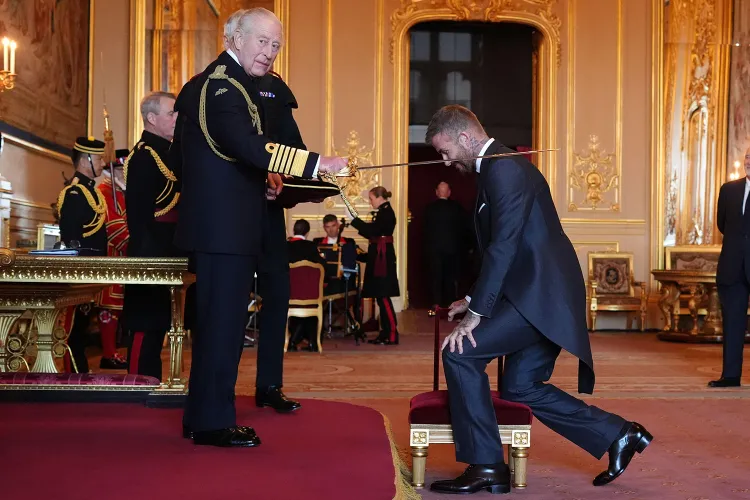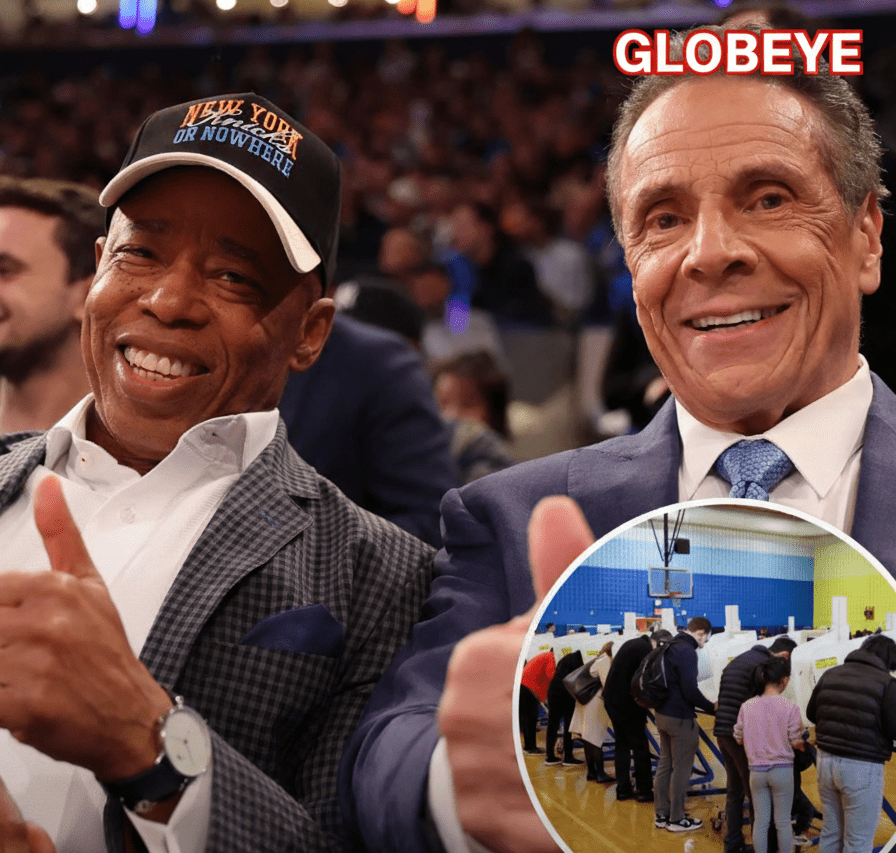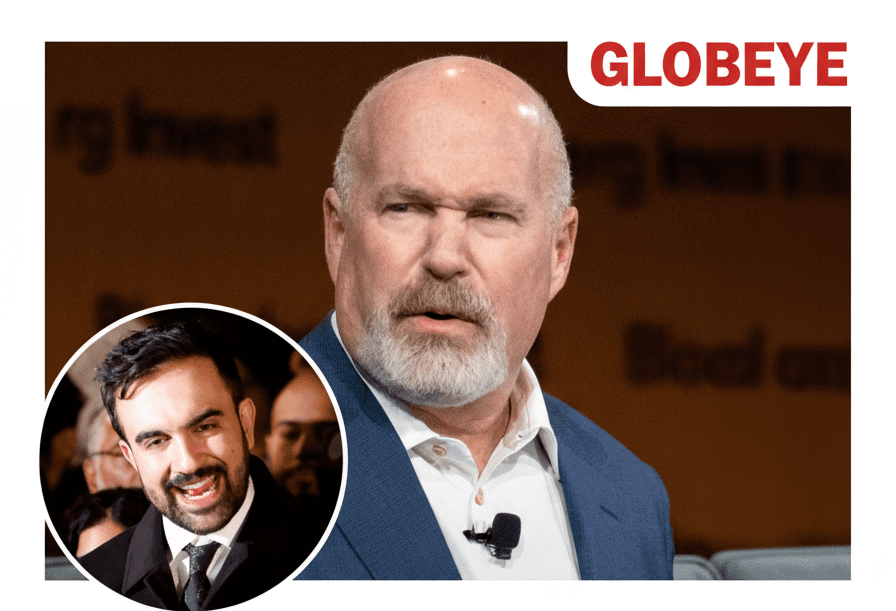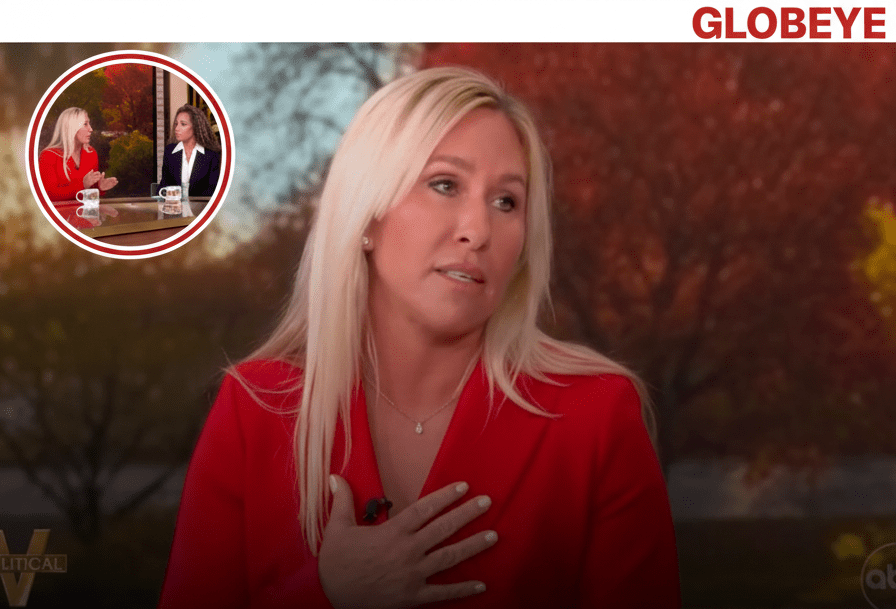How David Beckham Went from East London Dreamer to Knighthood in a Royal Ceremony
On a crisp November day at Windsor Castle, one of football’s most familiar faces knelt before the crown to receive a title few athletes ever achieve. David Beckham, age 50, accepted a knighthood from Charles III for his “services to sport and charity,” stepping into a new role that transcends the pitch.
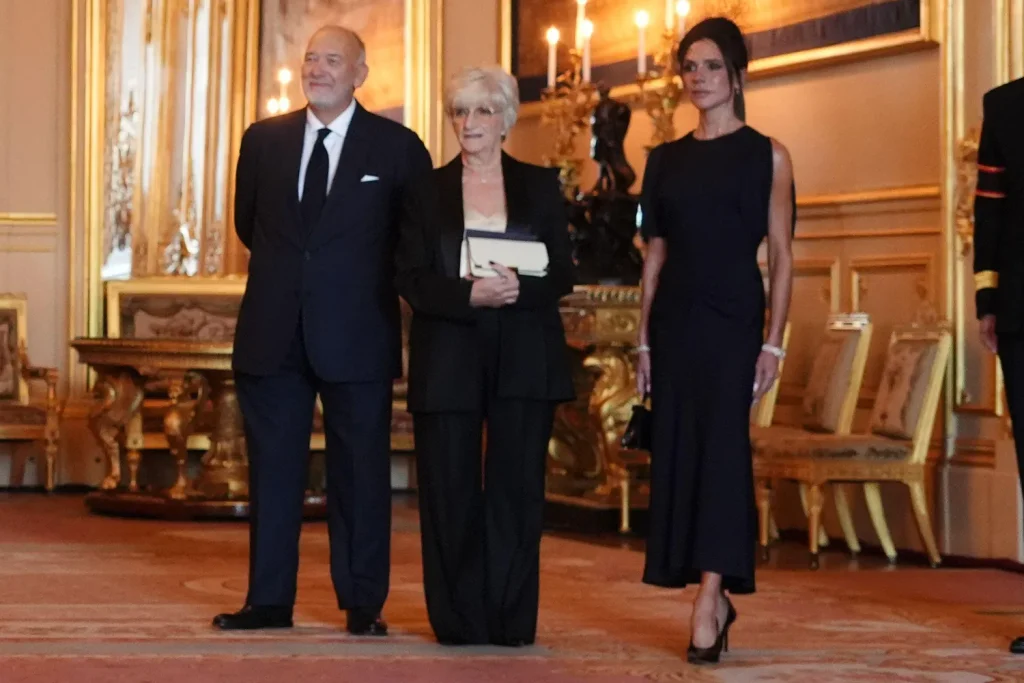
In the grandeur of the ceremony, Beckham—once a boy from East London—stood among gold-gilded walls and history that stretches back centuries. As the King tapped him with the ceremonial sword, Beckham’s journey flashed in his mind: the early Manchester United trials, the Champions League triumph, the global brand, the family life, the philanthropic work. Outside those walls, millions watched. Inside, that moment marked more than recognition—it signified transformation.
Beckham’s football career is one of the most celebrated in modern times. He broke into the first team at Manchester United in 1995 after joining the club as a trainee. He went on to help United secure six Premier League titles, two FA Cups and the Champions League. He later played for Real Madrid, LA Galaxy, AC Milan and Paris Saint-Germain before retiring in 2013, all the time representing an unmistakable global profile.
But this knighthood is not only about boots and trophies—it is acknowledging decades of service off the field as much as on it. Beckham has long championed causes close to his heart: working with UNICEF since 2005, lending his voice to humanitarian campaigns, and later aligning with The King’s Foundation to encourage young people to engage with nature, education and community.
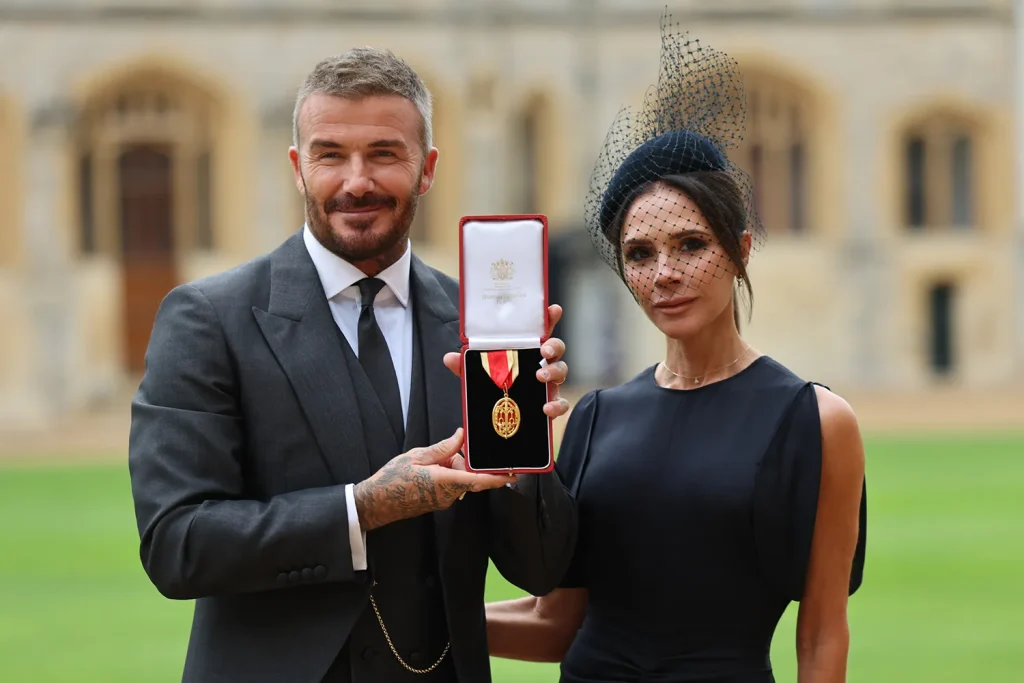
When the official announcement came earlier this year that Beckham would be honoured in the King’s Birthday Honours list, many viewed it as the capstone of a long wait. He was first proposed for a knighthood back in 2011, but the formal moment arrived only now—on Nov. 4.
For Beckham, the ceremony was deeply personal. He spoke afterward of being a boy from Leytonstone in London’s East End, dreaming of the pro game, and now standing at the heart of the British monarchy, being honoured by the King himself. “It doesn’t get any better,” he said with characteristic humility.
His wife, Victoria Beckham—now Lady Beckham—was there to witness the moment in full. Having made her own name as a member of the Spice Girls and a fashion designer, Victoria’s support has been a constant in Beckham’s life. She shared an emotional message on social media saying, “You’ve always been my knight in shining armour, but now it’s official.”
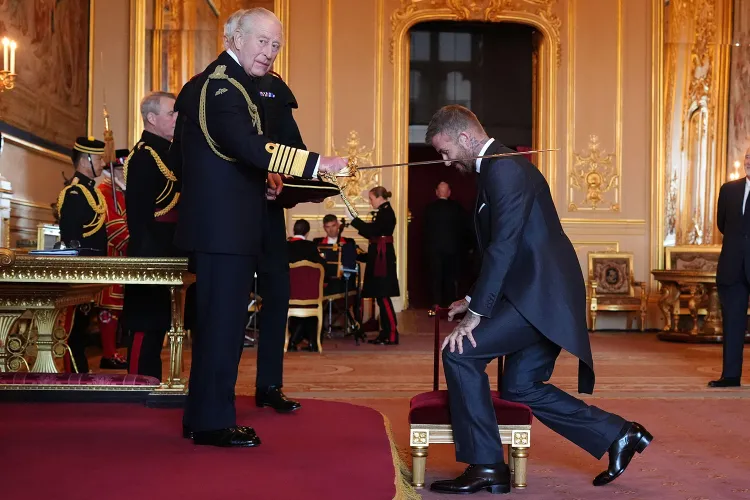
The image of Beckham kneeling—his head bowed as the sword touched his shoulder—was one of reflection and significance. In that moment, a career defined by flair, free kicks and commercial dominance gave way to something quieter, something enduring: service, identity, legacy. From the red shirts of Manchester United to the crisp morning suit designed by his wife, the occasion also paid homage to tradition. Beckham admitted his outfit was inspired by the King himself—an elegant conveyor of respect.
It’s worth pausing to consider how far Beckham has come. Born in 1975, he grew up in a modest household in East London, a region not always known for producing global football stars. The trajectory from Sunday league pitches to Old Trafford’s turf, then to the Santiago Bernabéu and beyond, is well-known. But less discussed is the constant effort, the image reinvention, the diplomacy and humility required. There were setbacks—controversies, media storms—but over time Beckham built a brand, and more importantly, a platform.
The knighthood is both symbolic and literal recognition. Symbolic in that it places Beckham in a lineage of Britons honoured for contributions beyond their own careers. Literal in that after the ceremony he may legally prefix his name with “Sir”—becoming Sir David Beckham. The homage to sport is explicit, but equally the tribute to charitable work is significant. By granting the honour, the monarchy signals that this is someone whose impact resonates with more than goals and endorsements.
In the large halls of Windsor Castle, the event stands as a moment not just for Beckham, but for British sport and culture. It acknowledges that today’s athlete is often much more than performer: they are role model, influencer, activist, citizen. Beckham recognised this. He described this recognition as “the proudest moment of my life.”
What will this mean for his future? For one thing, the title adds to the many layers of his public life. Already a global ambassador for football, design, fashion and philanthropy, the knighthood may open further doors for influence and service. It subtly invites us to re-frame Beckham not only as a former superstar but as a figure of civic standing—someone whose efforts merit national acknowledgement beyond sporting headlines.
Yet it is not without nuance. There are voices that point out how long it took for the honour to culminate; how early in his career certain decisions and associations caused friction; how any public figure with enormous influence must carry added scrutiny. The knighthood is a marker of achievement, yes—but also an invitation to new responsibility. Some might ask: in what ways will Beckham now deploy this newfound status for greater public good? How will he leverage the “Sir” not only for recognition but for tangible change?
From the terraces in London to the green fields around the world, Beckham has always been someone who bridged the local and the global. He has been at home as much under the floodlights of Old Trafford as at celebrity events and diplomatic gatherings. His journey from player to brand to philanthropist has been watched, chronicled and analysed. The knighthood feels like a full stop and a new beginning: the culmination of one chapter, the opening of another.
For his family—the Beckhams—it is also a landmark. The four children, the legacy being built, the name they share, all now stand with an honour attached. Victoria’s stand by him, from pop-star roots to high-end fashion and now to this investiture moment, is part of the narrative. Together, they embody a modern form of royalty: not blue-blooded from birth, but self-made, multifaceted, global in reach, yet rooted in personal identity and national pride.
And for football fans, Britons, admirers and critics alike, Sir David Beckham’s knighthood at Windsor serves as an emblem. It holds up the possibility that a sportsperson can step into a larger role—one that blends skill, image, service and legacy. It suggests that when a career is done well and lived beyond the field, the institution of honour recognises it.
Walking out of Windsor that day, Beckham left as a knight, but more than that—he exited as a symbol of modern Britain’s ability to bridge ambition and service, celebrity and humility, national pride and global influence. The golden boots have been replaced with the golden title, and with it, a new chapter begins. For Sir David Beckham, the journey continues—but now under the soft echo of swords, ribbons and history.
